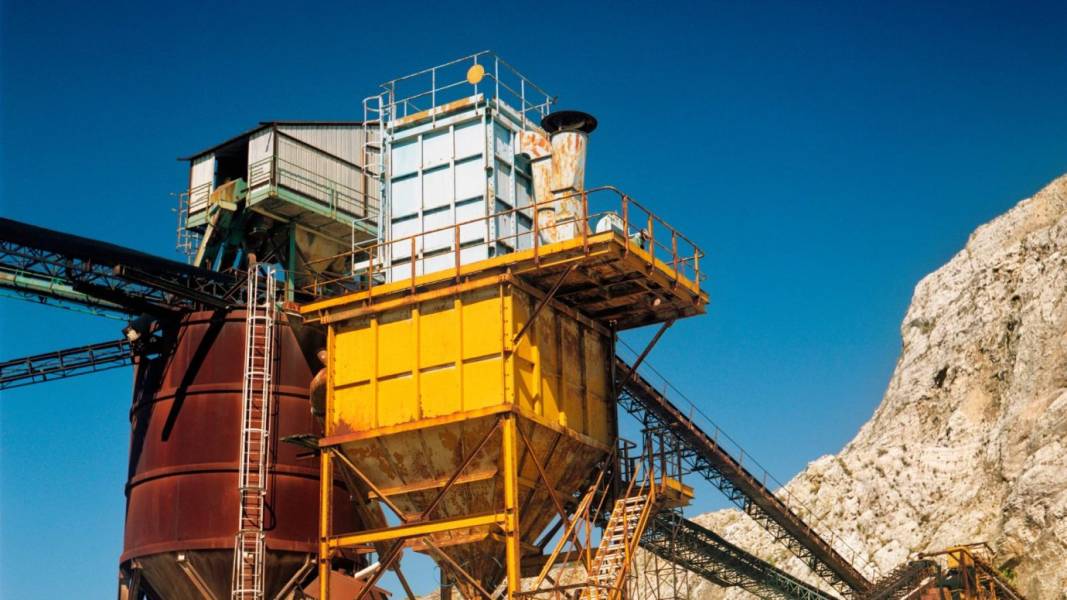Research suggests an investment of $3-4 trillion by 2030 is required to meet the speed of global decarbonization.

Latest analysis from McKinsey & Company (McKinsey) reveals minerals and metals required for current decarbonization trajectories may not meet demand and could require $4 trillion of investment by 2030. The net-zero materials transition: Implications for global supply chains report data shows the supply of many minerals and metals embedded in key lower-carbon technologies are expected to face a shortage by 2030.
The report uncovers materials, like nickel, are expected to experience modest shortages (approximately 10 to 20%), whilst dysprosium, which is a highly magnetic material used in most electric motors, could see shortages of up to 70%. McKinsey highlights that unless mitigation actions are put in place, such shortages would likely hinder the global speed of decarbonization. This could lead to price spikes and volatility across the materials supply chain – slowing down adoption rates as customers would be unable to shift to lower-carbon alternatives.
Michel Van Hoey, senior partner at McKinsey & Company adds: “It’s crucial to ensure the timely scale-up of projects that have already been announced so far, whilst also protecting future demand. This will require mining for materials to exceed beyond historical growth rates, while at the same time doubling down on exploration to ensure further scale up of supply beyond 2030. This could mean investment increasing by about $300 billion to $400 billion per year to meet demand.”
Materials transition: Implications of the net-zero transition on global supply chains report identifies actions for all stakeholders on supply, demand, innovation, and policy that will be required to balance the equation and safeguard the speed of the transition. Identifying potential shifts in demand patterns across the materials industry will be crucial to balance supply and demand.
Michel Van Hoey, senior partner at McKinsey & Company commented: “Increasingly bold climate targets are changing global material value chains, to the extent that the transition to net-zero emissions has sparked a materials transition. Our report provides an integrated perspective on those changes and key actions that will be required to balance the equation and safeguard the industry.”
HedgeThink.com is the fund industry’s leading news, research and analysis source for individual and institutional accredited investors and professionals


































